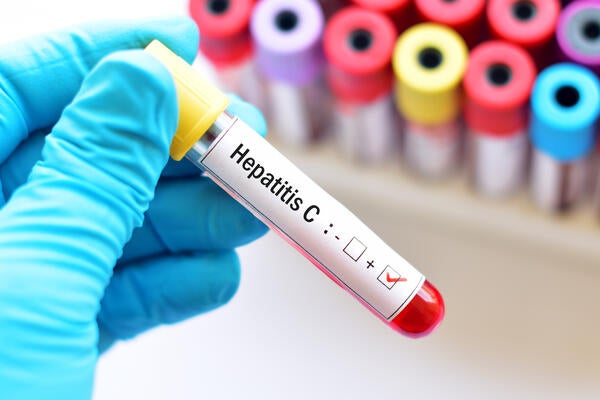With sea surface temperatures in the North Atlantic Ocean already climbing, scientists are predicting Atlantic Canada’s $400 million salmon aquaculture industry could be wiped out within the next 25 years.
But a $4.4M collaboration between biologists at University of Waterloo, Memorial University and the Universities of Guelph and Prince Edward Island could be the key to helping the industry adapt with a superior salmon stock that can survive in higher water temperatures.
“Temperatures are already approaching the upper limit. Even a rise of 2 degrees would be lethal to current salmon stocks,” says Brian Dixon, a biology professor at Waterloo. “Canada’s salmon fishing industry is going to feel the impact of climate change very soon - it’s now a race against time.”
Temperatures along the Canada’s east coast are predicted to jump between 2 and 4 C by 2040. The rise may seem small, but with it comes 25 per cent lower oxygen levels in the water, a condition known as hypoxia, as well as higher incidences of sea lice and other diseases.
Using the next generation of genetic sequencing and selective breeding techniques, the team wants to not only adapt the Atlantic salmon stock, but create new genetic and molecular tools that will help other aquaculture industries in the same boat.
The team will conduct a set of disease challenges meant to find more robust salmon families that can withstand the increased threats and stresses of higher temperatures, hypoxia, sea lice, bacterial kidney disease and amoebic gill disease. Once a stock gets infected with bacterial kidney disease, for example, it can take as long as a decade to recover.
Dixon, an expert in fish immunology and climate adaptation, will investigate how higher temperatures affect a fish’s immune response as well as their response to vaccines, a key tool for keeping stressed fish stocks healthy. He also plans to identify the genetic markers associated with improved physiological and immunological traits that can help the fish survive higher temperatures.
The team also plans to explore opportunities to collaborate with Atlantic salmon farmers in Australia, who have successfully adapted stocks from New Brunswick to their higher water temperatures.
The project “Mitigating the Impact of Climate-Related Challenges on Salmon Aquaculture” or MICCSA is funded by Cooke Aquaculture, Novartis, Somru BioScience and the Centre for Aquaculture Technologies.








